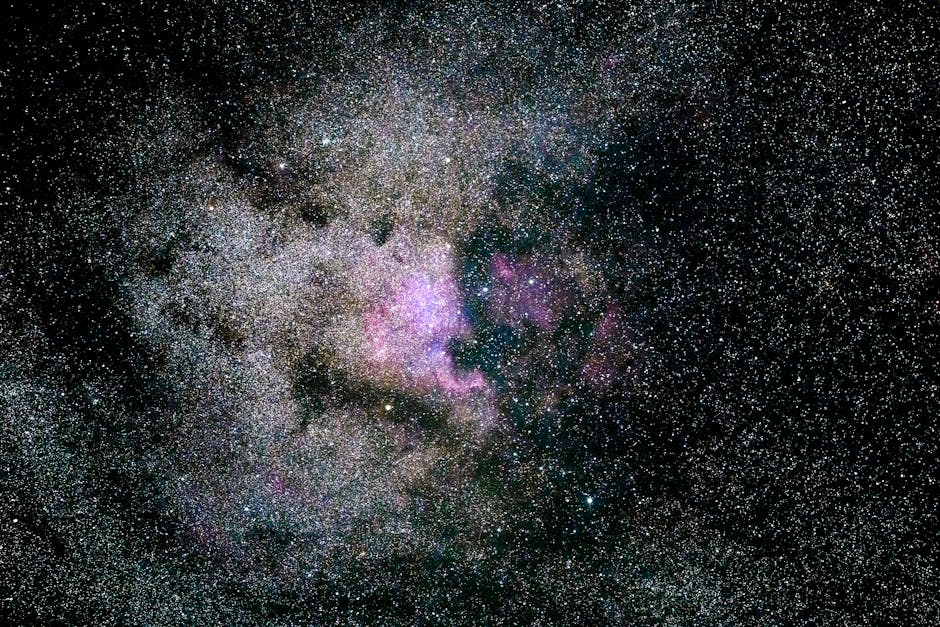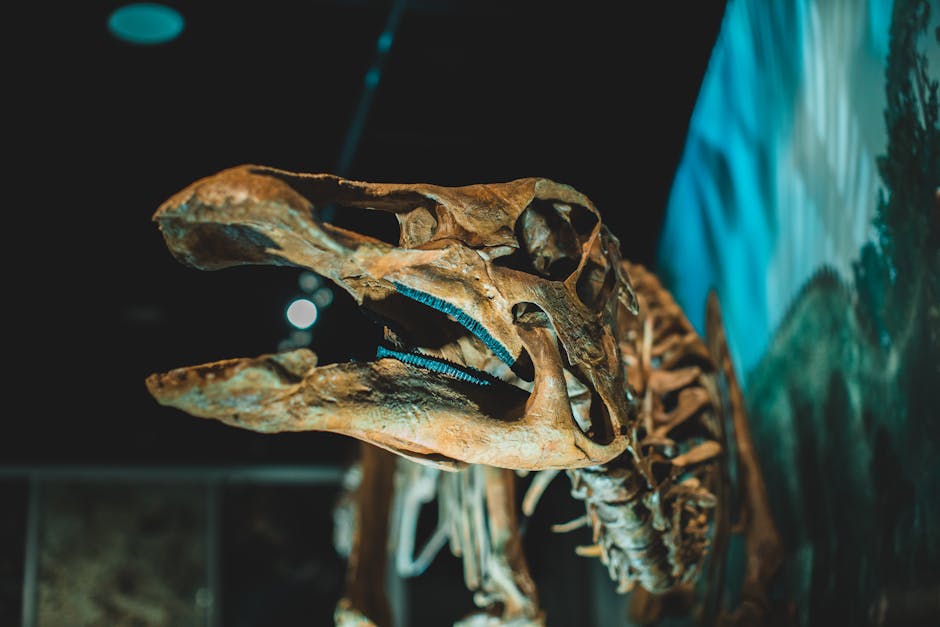Science
-

How does the universe continue to expand?
The initial expansion, following the Big Bang, was driven by the immense energy density of the early universe. This early phase was dominated by radiation and later by matter, leading…
-

What role does imagination play in science?
Science, often perceived as a realm of cold, hard facts and rigorous methodology, surprisingly thrives on a vibrant, less tangible ingredient: imagination. While empirical observation and logical deduction form the…
-

Whose responsibility is the ethical use of science?
Scientific advancement has profoundly shaped human civilization, offering unprecedented opportunities for progress and prosperity. However, this power carries immense responsibility. The ethical implications of scientific discoveries and their applications are…
-

Which scientific fields are growing fastest?
Data science and artificial intelligence (AI) undoubtedly dominate the landscape of rapidly expanding fields. The sheer volume of data generated daily, from social media interactions to satellite imagery and genomic…
-

Where does scientific funding come from?
Scientific research, the engine of progress across numerous fields, necessitates substantial financial investment. Securing funding is a crucial, often competitive, process that shapes the direction and scale of scientific endeavors.…
-

Does science always lead to progress?
A crucial aspect to consider is the distinction between scientific advancement and technological progress. Science generates knowledge; technology applies that knowledge to create tools and processes. While inextricably linked, they…
-

What are the limits of scientific knowledge?
Science, with its relentless pursuit of understanding the universe, has achieved remarkable progress. Yet, inherent limitations constrain its reach, shaping the very nature of scientific inquiry and the scope of…
-

How does the scientific method work?
Science, in its purest form, is a systematic pursuit of knowledge about the natural world. Central to this pursuit is the scientific method, a dynamic process of inquiry that allows…
-

When did the dinosaurs become extinct?
Geological strata provide the primary chronological framework. The K-Pg boundary, a thin layer of sediment marking the transition between the Cretaceous and Paleogene periods, is globally recognizable. This layer contains…
-

Are there different forms of energy?
Kinetic energy, a fundamental form, embodies energy of motion. Any object possessing velocity, from a speeding car to a swirling galaxy, exhibits kinetic energy. Its magnitude depends directly on both…